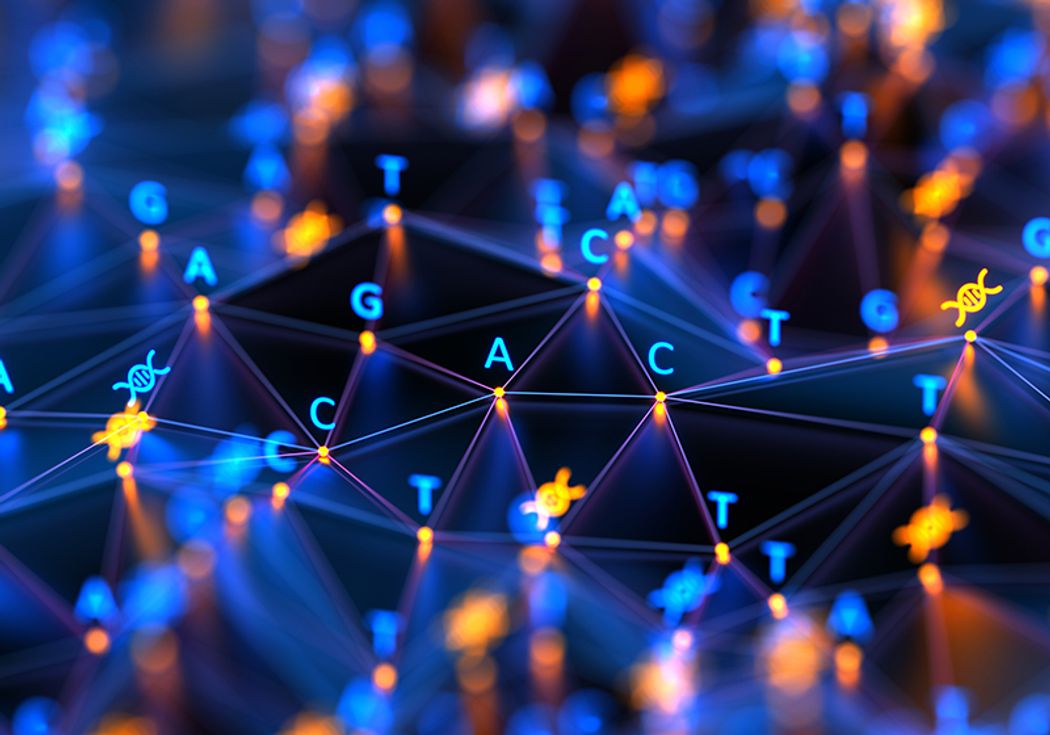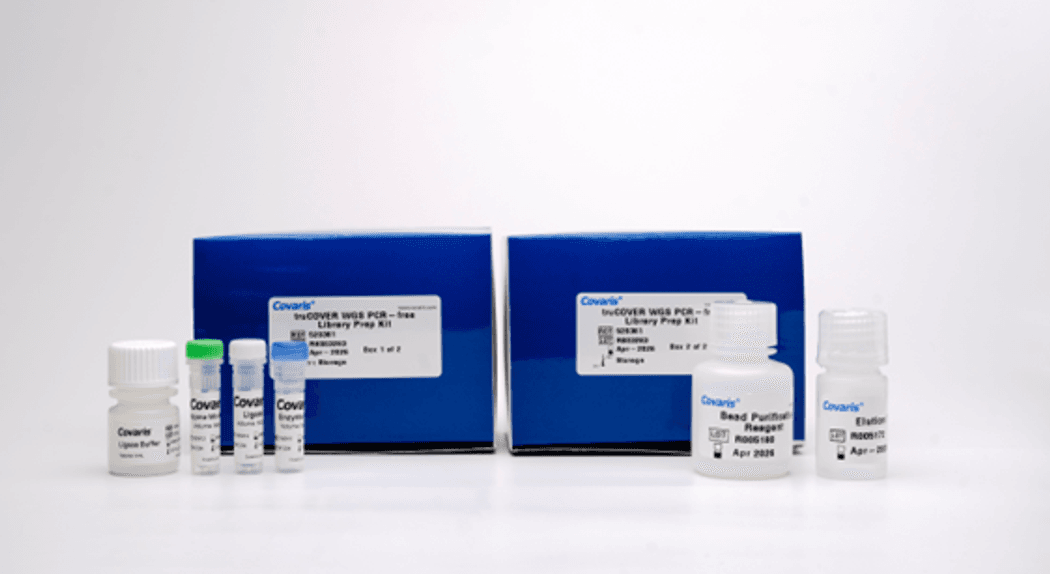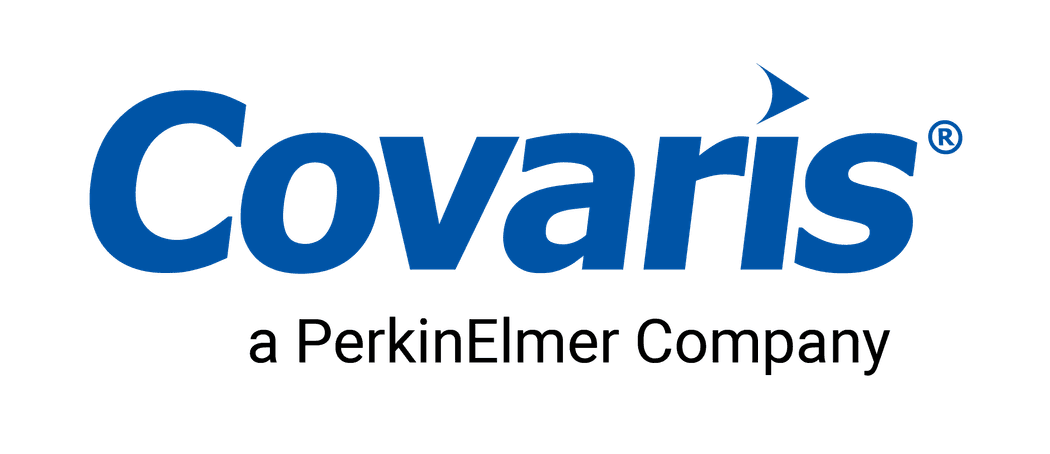
Whole genome sequencing (WGS) workflows can make or break downstream data quality and reproducibility. Researchers seek innovative approaches to optimizing WGS library preparation and data integrity.
©iStock, JuSun
Whole genome sequencing (WGS) is routinely used for a diverse array of research applications, including genetic disease diagnostics and drug development, susceptibility studies, and personalized medicine.1,2 However, scientists often encounter WGS workflow limitations that may negatively affect the accuracy, effectiveness, and scalability of this invaluable technique.3 Among the challenges that contribute to subpar output are DNA fragmentation variability, poor WGS library conversion, time-consuming optimization, and sequencing bias. As a result, scientists seek innovative and reliable strategies to simplify WGS workflows, particularly time- and resource-heavy WGS library preparation. This complex multi-step process often results in variability that necessitates cumbersome quantitative polymerase chain reaction (qPCR) quality control steps, which despite their thoroughness, do not always ensure accurate and reproducible results.
Taking Stock of Library Preparation Bottlenecks
High-throughput sequencing relies on mechanical and enzymatic techniques to break apart DNA into fragments in a consistent and reliable manner. However, traditional approaches tend to favor DNA regions that are rich in GC and AT nucleotide sequences. The imposed bias of such methods leads to misrepresentations in downstream sequencing outputs and ultimately impairs data reliability. Moreover, enzymatic DNA fragmentation kits often have inherent deviations between batches that confound library preparation workflows by necessitating ongoing optimization steps. As a result, researchers face more time-consuming, resource-heavy, and expensive workflows.
In addition, traditional techniques do not allow researchers to optimally handle diverse sample types, including DNA samples from common sources such as saliva, blood, or formalin-fixed paraffin-embedded (FFPE) tissues. Such relative inflexibility limits the ability of scientists to efficiently compare sequencing results between different samples from the same individual as well as between different individuals, further complicating downstream data collection and reliability.
Library preparation kits that are designed to improve the efficiency and reproducibility of WGS workflows are a welcome addition to the sequencing repertoires of laboratory scientists engaged in cutting-edge and scalable translational research. Importantly, the versatility, adaptability, and turnaround time of novel library preparation solutions have the power to standardize protocols, eliminate workflow bottlenecks, preserve resources, and uncover new opportunities. Overall, preparation kits that have built-in adaptability to the inherent variability of WGS protocols enable more straightforward optimization and better results than traditional approaches.

The flexibility and consistency of Covaris’ truCOVER WGS PCR-free Library Prep Kit helps scientists boost performance, productivity, and cost efficiency.
Covaris
A Versatile and Reliable Solution for WGS Library Preparation
Covaris’s truCOVER WGS PCR-free Library Prep Kit is a versatile, cutting-edge solution that addresses the inherent complexity of WGS workflows using a rapid, reliable, reproducible, efficient, and cost-effective approach. The kit enables adaptable PCR-free library preparation from different types of samples, including saliva, blood, and FFPE for a wide range of downstream sequencing workflow applications. The truCOVER kit streamlines library preparation processes by eradicating rate-limiting obstacles such as fragmentation bias and eliminating the need for PCR-based quality control steps.
As a result, the kit allows researchers to cut turnaround time down by thirty percent and use fewer consumables thanks to single-tube workflows, which translates into superior efficiency and cost-effectiveness. truCOVER delivers optimal performance metrics, with exceptional uniformity and WGS library conversion rates. Overall, this new library preparation kit transforms lengthy, costly, and sub-optimal WGS workflows into a straightforward and easily executable process that prioritizes consistency, flexibility, and reliability. Such innovative solutions help scientists free up valuable resources where they count most.
- Kim R, et al. Clinical applications of whole-genome sequencing of solid tumors for precision oncology. Exp Mol Med. 2024;56:1856-1868.
- Venner E, et al. Whole-genome sequencing as an investigational device for return of hereditary disease risk and pharmacogenomic results as part of the All of Us Research Program Genome Medicine. Genome Med. 2022;14(1):34.
- Head SR, et al. Library construction for next-generation sequencing: Overviews and challenges. Biotechniques. 2014;56(2):61-77.














